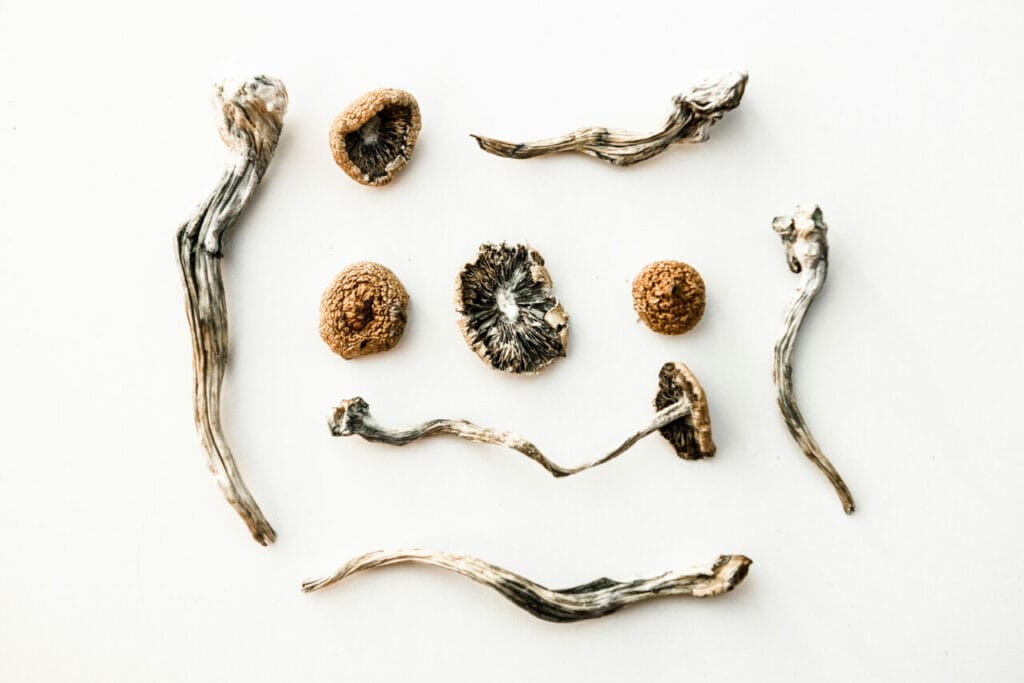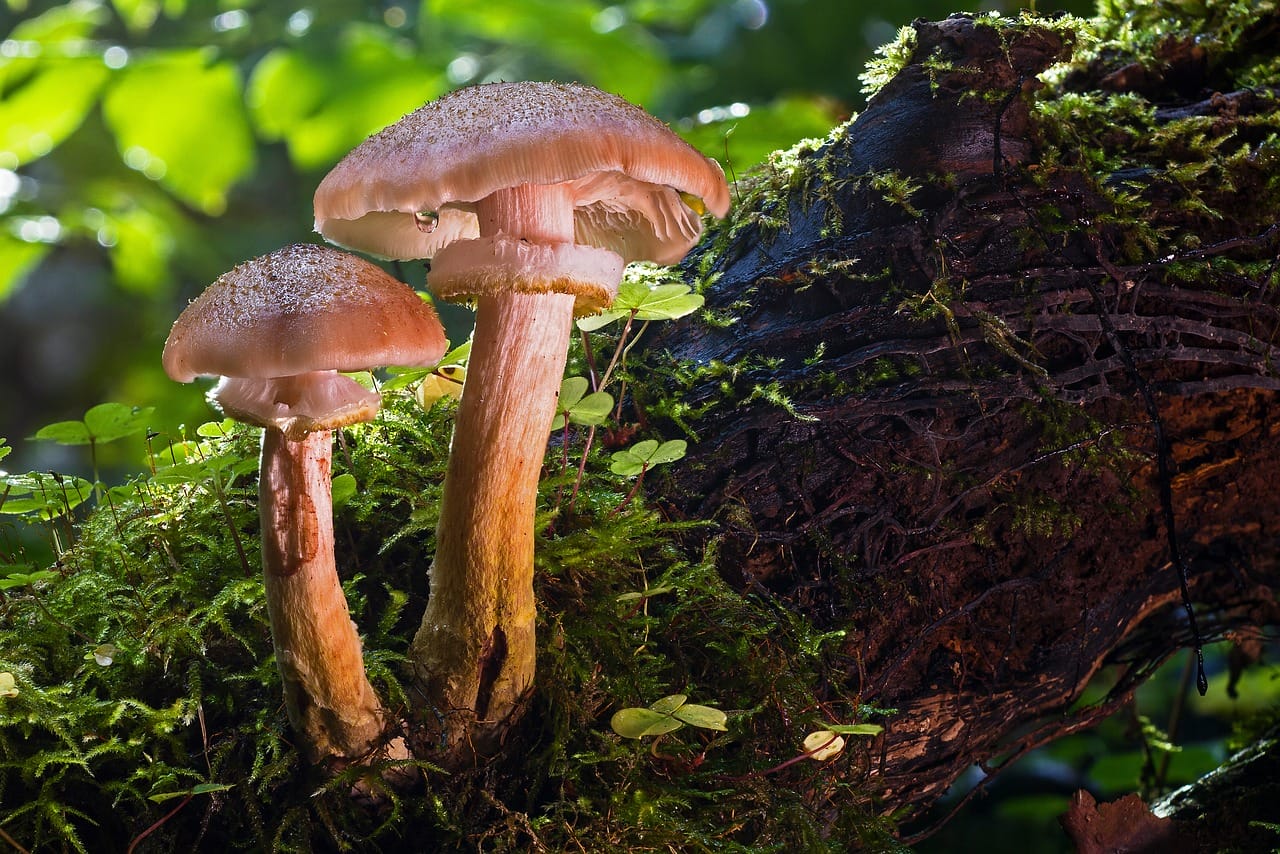Initially, magic mushrooms were perceived by many Canadians as a psychedelic substance primarily used for leisure activities. However, scientists’ investigations into psilocybin, the active component in these mushrooms, revealed its powerful potential in treating various mental health conditions.
As more information comes to light, our comprehension of psilocybin’s uses continues to evolve. The more public knowledge grows, the easier it becomes for people to acquire these products through magic mushroom delivery services. A recent study underscores its impact on human consciousness. Could this be the key to understanding its profound influence on the human brain? Let’s embark on this fascinating journey into the world of magic mushroom products.
Primary Takeaways:
- Psychedelic magic mushrooms have impacted the cognitive processes of early humans, contributing to their survival.
- Magic mushrooms play a crucial role in neurological health due to their capacity to ease symptoms of PTSD, depression, and anxiety.
- The influence of psilocybin on consciousness and brain activity may have fostered enhanced creativity, introspection, and abstract thought.

Historical Use and Significance of Magic Mushrooms
Our ancestors have been leveraging the power of psychedelic magic mushrooms since time immemorial, as evidenced by historical accounts. Indigenous societies employed them in sacred rituals and traditional ceremonies to honor their gods. These mushrooms flourish worldwide, especially in subtropical and tropical areas, including South and Central America, the Caribbean, Southeast Asia, and Africa.
Magic Mushrooms in Ancient Societies
Indigenous groups in Mexico have historically used these fungi for spiritual enlightenment, divine interaction, and religious ceremonies. The Aztecs of South America referred to it as “God’s Flesh,” employing it in healing rituals.
Evidence of usage can be traced back to:
- Around 10,000 years ago in Australia
- Roughly 7,000 years ago in North Africa
- About 6,000 years ago in Spain.





